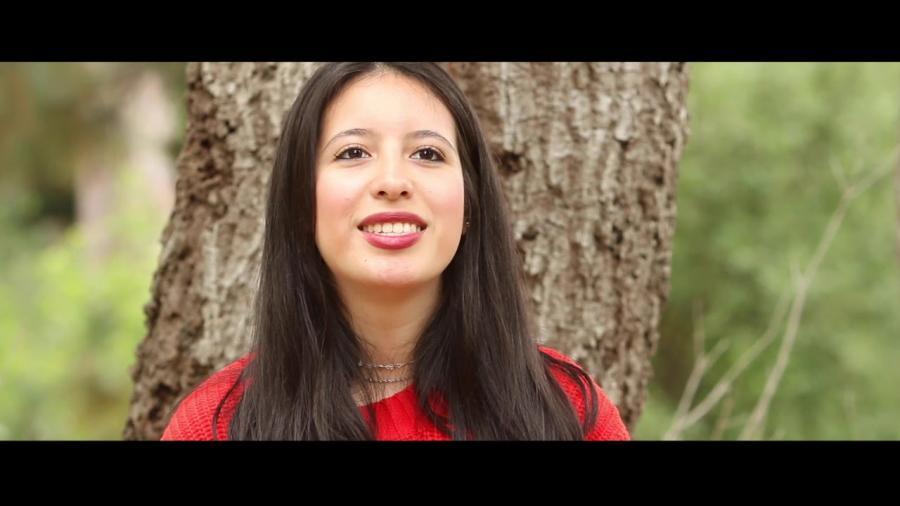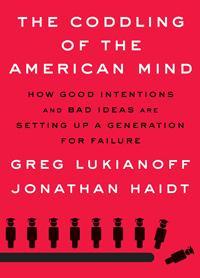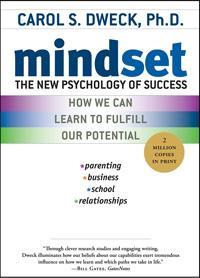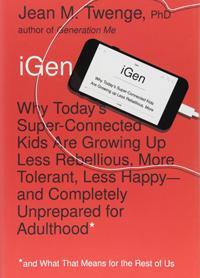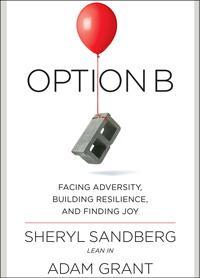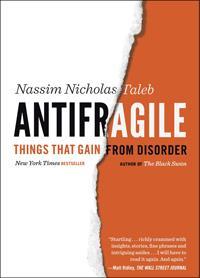Who hasn’t failed? When you fail at something, you might feel you’re the only one who fails—or the only one who fails BIG TIME! Or you might feel that because you failed once you’ll always fail or you’ll never make progress. Newsflash! You’re not alone! We all fail. It’s normal. It’s part of being human. It’s definitely part of learning. Benjamin Barber, an eminent sociologist, once said, “I don’t divide the world into the weak and the strong, or the successes and the failures… I divide the world into the learners and non-learners.” Are you a learner or a non-learner when you fail?
World-renowned Stanford University psychologist Carol S. Dweck talks about learning in our failures. She writes about a simple but groundbreaking idea: the power of mindset. In her brilliant book, Mindset: The New Psychology of Success, she shows that how we think about our talents and abilities dramatically influences our success in school, work, sports, the arts and almost every area of human endeavor. People with a fixed mindset—those who believe that abilities are fixed—are less likely to flourish than those with a growth mindset—those who believe that abilities can be developed. The good news is that we can change our mindset, which can change how we respond to failure.
Dr. Dweck outlines four steps to changing your mindset from “fixed” to “growth” specifically regarding failure. The information below comes from the author’s website about the book.
Learn to hear the voice of your fixed mindset.
As you approach a challenge, that voice might say, “What if you fail—you’ll be a failure.”
As you hit a setback, the voice might say, “It’s not too late to back out, make excuses and try to regain your dignity.”
As you face criticism, you might hear yourself say, “It’s not my fault. It was something or someone else’s fault.”
Recognize that you have a choice.
You chose how you interpret challenges, setbacks and criticism. You can interpret them in a fixed mindset as signs that you lack the right talents or abilities. Or you can interpret them in a growth mindset as indications that you need to ramp up your strategies and effort, stretch yourself and expand your abilities. It’s up to you.
As you face challenges, setbacks and criticism, you can learn to resist the voice of your fixed mindset.
Talk back to your fixed-mindset voice with a growth-mindset voice.
As you approach a challenge:
THE FIXED MINDSET says “Are you sure you can do it? Maybe you don’t have the talent.”
THE GROWTH MINDSET answers, “I’m not sure I can do it now, but I think I can learn to with time and effort.”
FIXED MINDSET: “What if you fail—you’ll be a failure”
GROWTH MINDSET: “Most successful people had failures along the way.”
As you hit a setback:
FIXED MINDSET: “This would have been a snap if you really had talent.”
GROWTH MINDSET: “That is so wrong. Basketball wasn’t easy for Michael Jordan, and science wasn’t easy for Thomas Edison. They had a passion and put in tons of effort.”
As you face criticism:
FIXED MINDSET: “It’s not my fault. It was something or someone else’s fault.”
GROWTH MINDSET: “If I don’t take responsibility, I can’t fix it. Let me listen—however painful it is– and learn whatever I can.”
Take the growth-mindset action.
Over time, you choose which voice you heed and whether you
- take on the challenge wholeheartedly,
- learn from your setbacks and try again, and
- hear the criticism and act on it.
You came to college to learn. So dive into it! It’s OK to fail! You won’t be alone in your failure, and you won’t learn if you don’t try. We’re here to support you. My colleagues in the Student Life Office and I pray for you as you succeed and as you fail in your experience here at Westmont. Let’s pursue growth together—even when we fail.
